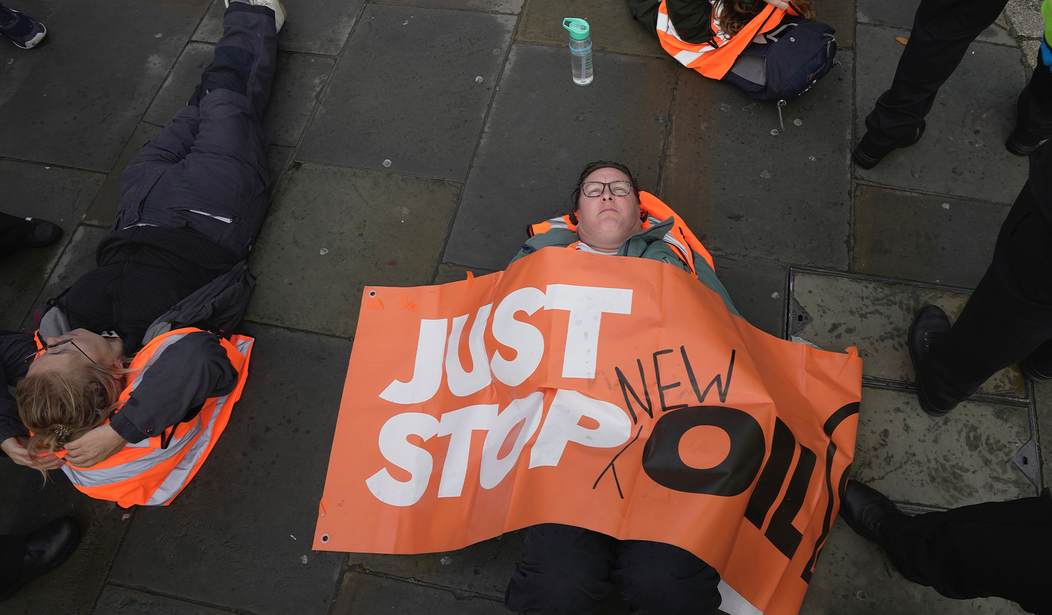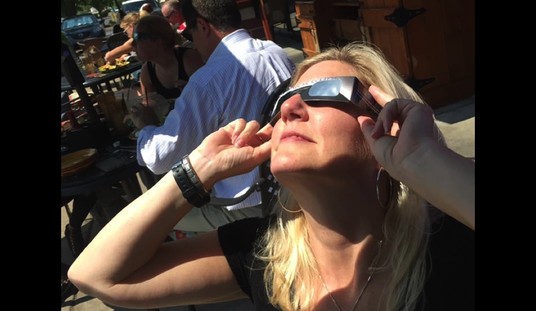Why are so many people on the left - especially those that are on the wrong side of the nutcase dividing line labeled "woke" - so angry all the time? Oh, sure, there are exceptions, even if I can't think of one off the top of my head. But so many of these people just seem so angry.
Now, out of Finland, we have an actual scientific study confirming, that the "woke" people surveyed were measurably more unhappy, anxious, and depressed.
“While critical social justice (or intersectional or ‘woke’) discourse draws mainly from dynamics within American society it has now surfaced in other Western countries as well. The arrival of a critical social justice (often called ‘woke’) discourse sparked much debate in Finnish media in the last couple of years.”
“This debate was largely data-free and it could thus be considered a worthwhile question to study how prevalent these attitudes are. No reliable and valid instrument existed prior to the study to assess the extent and prevalence of these attitudes in different populations, so I set out to develop one.”
Now, if you've ever browsed around on Twitter/X or Facebook, you can probably guess what study author Oskari Lahtinen, who is a senior researcher at the INVEST Research Flagship Centre at the University of Turku, found when he studied this topic. And the assertion that all of this discourse - and we must use that word in the broadest possible sense - originates in the United States, well, that's not too surprising. Sad but not surprising.
See Related: 'Woke' Insanity Continues: University Professor Says Traditional Marriage Promotes 'White Supremacy'
Give Racism the Shaft: Expert Says Banning Biological Males From Women's Showers Is White Supremacy
Here's the onion:
An intriguing aspect of the study was its exploration of the relationship between critical social justice and mental well-being. Lahtinen found a correlation between higher agreement with critical social justice attitudes and increased reports of anxiety and depression. Agreement with the statement “If white people have on average a higher income than black people, it is because of racism” exhibited the largest positive correlation with anxiety and depression, and the largest negative correlation with happiness.
However, these associations were more strongly correlated with participants’ political orientation than with critical social justice attitudes per se. Specifically, being on the political left was more predictive of lower mental well-being than high critical social justice scores alone. This suggests that the link between critical social justice attitudes and mental health is complex and may be mediated by broader political and ideological beliefs.
There are a couple of layers to peel off here. First, we see that there is a correlation between wokeness (higher agreement with critical social justice attitudes) and increased reports of anxiety and depression. And agreement with the statement on racism came from people most likely to complain of anxiety and depression. Surprised? Me either. Second, there was an even stronger correlation between unhappiness and political orientation, and this sentence bears repeating: "...being on the political left was more predictive of lower mental well-being than high critical social justice scores alone."
Yes, you heard it here first! Except you didn't; if your political philosophy is anywhere to the right of Leon Trotsky, and if you have ever interacted in any way with any of these "woke" leftists, none of this will come as any surprise to you. But it's nice to see it formally studied, with pre-set criteria, a hypothesis to be tested, data we can examine, and a statistical analysis of the results. That's how science is done. And while this may not make the "woke" among us very happy, well, they weren't very happy to begin with, and now we have a scientific study to support that.
You can read the original paper from the Scandinavian Journal of Psychology here.















Join the conversation as a VIP Member